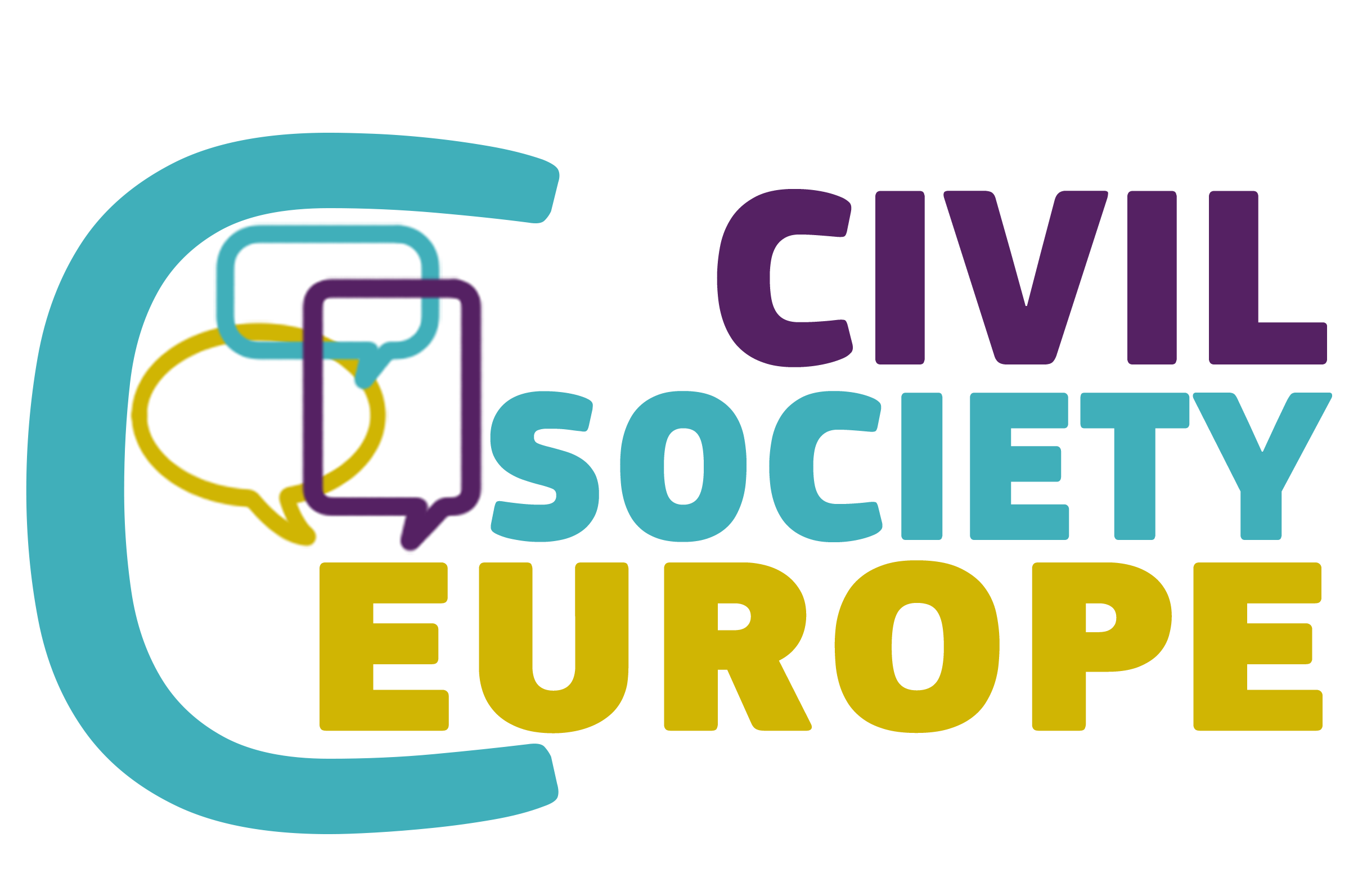Civil Society Europe together with the European Center for Not-for-Profit Law has released a study updating its analysis of the participation of civil society organisations in the preparation of the National and Recovery and Resilience Plans published in December 2020. This new report prepared with the support of Caritas Europa, Centre for European Volunteering, Eurochild, European Disability Forum, European Environmental Europe, European Students’ Union, Lifelong Learning Platform, Levego Munkacsoport, the Organising Bureau of the European Schools Students Union, PHILEA, Social Platform and SOLIDAR Foundation.
This report investigates the content of 11 EU Member States’ NRRPs, the consultation methods used to prepare them, the involvement of civil society organisations in implementation processes, and the monitoring of the NRRPs from the perspective of CSOs on their actual involvement.
Thank you also for the feedback obtained from numerous civil society organizations at the national level via a survey and interviews, as it aids in addressing situations in other EU countries. The paper also covers some lessons learnt from the consultation process and makes recommendations to EU institutions, Member States, and civil society on how to increase CSO engagement in the monitoring and implementation phases.
Among the main findings:
-
- Most CSOs who participated in consultations found them to be mostly a tick box exercise rather than meaningful engagements, with little material supplied prior to meetings or requests to make inputs or comments on prepared documents, and with limited time available. Unfortunately, consultations did not reflect practices and principles derived from the European Code of Conduct on Partnership, such as early involvement, prompt sharing of information, representativeness, and transparency. Furthermore, civic dialogue channels developed around the EU Semester and the ESIF were not used to consult CSOs on the preparation of the Plans.
-
- Not all CSO sectors were involved or were involved to the same extent: environmental NGOs were more involved; social NGOs were able to influence plans in some countries; NGOs representing youth were little involved despite European Commission calls; and cultural NGOs appear to have had the least influence despite being one of the sectors most affected by the crisis.
-
- Social partners were more and better consulted than CSOs
- CSO sectoral & cross-sectoral alliances were more successful in getting their voice heard than individual NGOs
-
-
- Implementation mechanisms are not well specified or defined in the NRRPs. When it comes to monitoring, only
a few plans explicitly foresee CSO representatives in Monitoring Committees.
- Implementation mechanisms are not well specified or defined in the NRRPs. When it comes to monitoring, only
-
Please find our study here.

